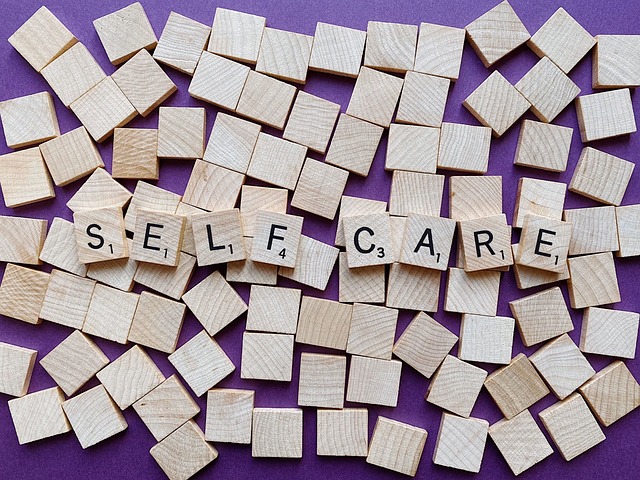The daily grind of life can be overwhelming and tiring. From work to family to social obligations, it’s easy to forget to prioritize yourself. That’s where self-care comes in. By taking the time to nurture your mind, body, and spirit, you will be better equipped to manage the stresses of everyday life.
Self-care is about taking the time to pause and, if necessary, reset. Taking a break from the daily hustle to attend to your body and thoughts can help you cope with stress and achieve overall well-being.

Here are some self-care practices you can incorporate into your routine:
Eat Healthy Foods – Nourish your body with nutritious meals and snacks, and try to limit processed food. Eating well can help boost your mental clarity and energy levels.
Exercise Regularly – Exercise helps reduce stress, improve focus, and boost your mood. Whether you prefer going for a run or taking an invigorating yoga class, find a physical activity you enjoy and make it a regular part of your self-care routine.
Meditate – Meditation has been used for centuries as a means to cultivate mental clarity and reduce anxiety. Clear and connect with your inner self through mindful breathing and meditation.
Connect with Nature – Connecting with nature can be calming and uplifting. Try to spend time outdoors in nature, even if it’s just for a few minutes.
Establish Healthy Habits – Small changes in your daily habits can make a big difference. Establish good sleep hygiene, break difficult tasks into smaller manageable pieces and take five-minute breaks throughout the day.
Nurture Relationships with Positive People – Spend time with friends and family members who nurture and support you. Avoid situations and people that drain your energy.
Prioritize Self Care – Make self-care a priority by carving out time for yourself. Schedule self-care activities throughout the week, and remember that you are worth the time and effort to take care of yourself.
Self-care is essential for cultivating a healthy state of mind. Dedicate time to nurture your body, mind, and spirit through self-care practices. Taking the time to honour yourself will make it easier to manage the stresses and obligations of everyday life.









